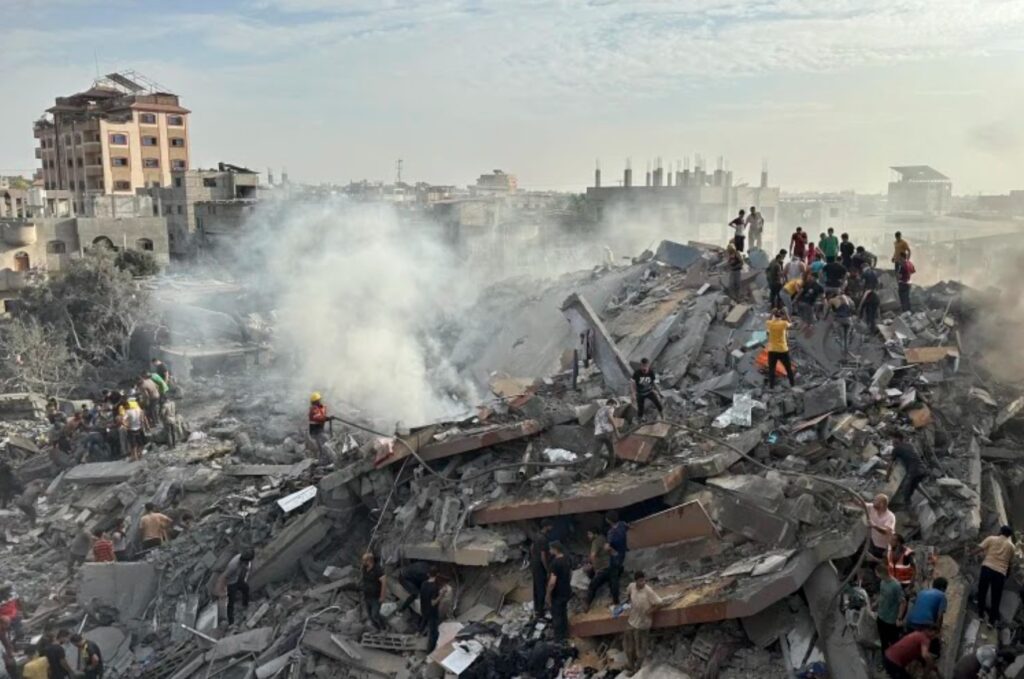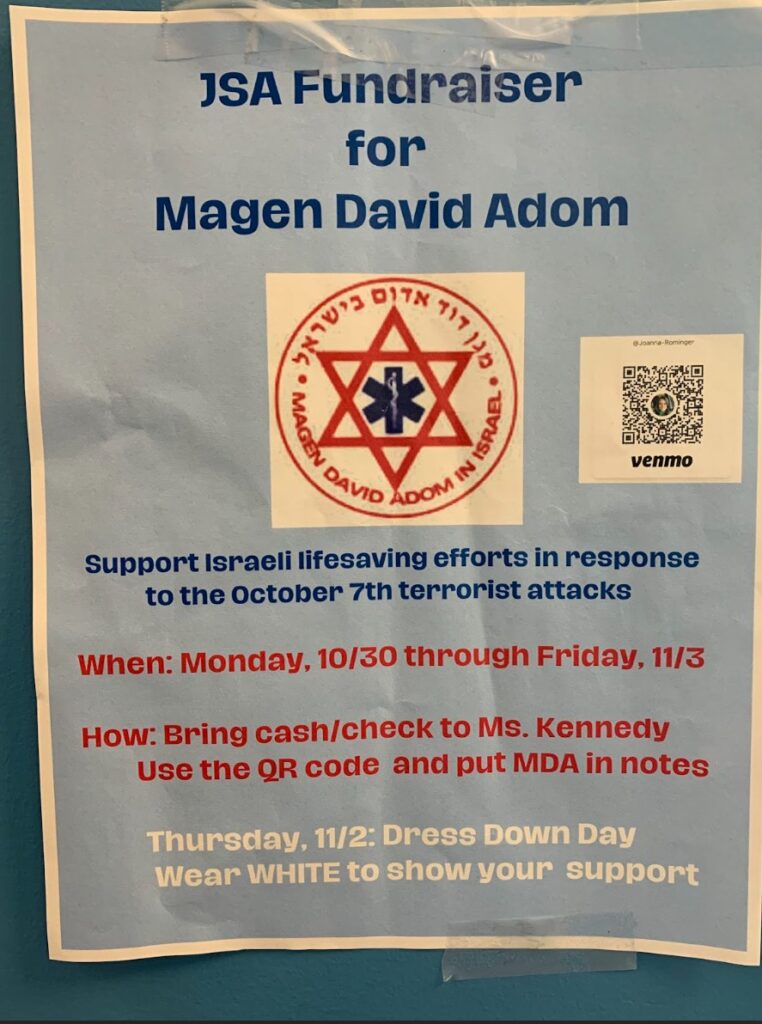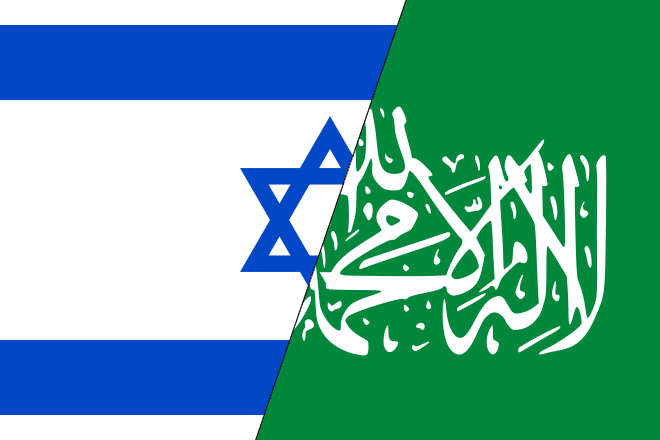On the morning of Oct. 7, thousands of rockets were fired at Israel. These rockets hit parts of central and south Israel, in cities such as Jerusalem and Tel Aviv. They devastated the land, killing and injuring many innocent people.
“I feel utterly upset about the situation and all the harm and loss that has come with it,” said Ranya Alhadad ‘24, the leader of GA’s Arab culture club.
Later that day, a video would be released in which Mohammed Deif, the commander in chief for Hamas’ military arm, admitted that they were the people who attacked Israel. Hamas is a Palestinian terrorist group working to establish Palestinian control in present-day Israel.

There is a long history of contention between the Palestinians and Jewish people in this region. This began after the end of World War II and the collapse of the Ottoman Empire, which had been in control of the region at the time. To stop violence between the two main groups of people in this area, Jews and Muslims, two states were created.
Eventually, a war took place, leading to the expansion of the Israeli state. As a result, many Palestinians were displaced from their homes. Hamas was created in 1987 by extremist Palestinians who wanted to take control of Israeli land which they believed to be their holy land. In 2007, when Israel took their soldiers out of the Gaza Strip, a territory bordering Israel, Hamas took control of it. Hamas has controlled it ever since.
Since taking control of the strip, followers of Hamas have attacked many surrounding areas, killing many Jewish people. Others, including young children as young as nine months old to the elderly, would be taken hostage by Hamas during the conflict. These hostages were taken back into the Gaza Strip.
In retaliation, the Israeli military started continuously bombing places in the Gaza Strip, like Gaza City. Israel’s Prime Minister, Benjamin Netanyahu, said that no ceasefire would happen until the hostages were released.
The Prime Minister said Israel’s government has a “goal of destroying Hamas’s military and governing capabilities.”
Because of the continuous bombing, thousands of Palestinians are being killed and injured. One and a half million people have been displaced, and even more are taking refuge in hospitals. Many do not have access to food, water, electricity, medicine and other vital needs.
Israeli ground operations have also started. These operations are trying to find and take down Hamas compounds and underground tunnels. The dangers from these operations are also forcing more Palestinians to leave their homes.
This violence has stimulated anti-Semitism and anti-Islamic feeling. On campus, some groups are working to mitigate these trends.
“There is definitely more hate towards the Arab Community from this conflict,” Alhadad said. “Hate crimes are rising, and horrible things are happening.”
Last month, three 20-year-old Palestinian-American college students were shot in Vermont. The three victims were Hisham Awartini from Brown University, Tahseen Ali Ahmad from Haverford College, and Kinnan Abdalhamid from Trinity College.
There are many places of support in the GA community. We have clubs like Arab Culture or JSA. These places of safety are extremely important now, during a surge in anti-Islamic, anti-Arab, and anti semitic incidents and threats.
“It is a safe space for Jews to come and talk,” said Dr. Friedman, the JSA faculty leader. “Giving students an opportunity to do something. That is where the students got the idea for raising money.”
Because of all the donations from the community, JSA was able to raise $12,000 for Magen David Adom, a national Israeli emergency and disaster medical group. Also, JSA created a dress down day at school. Students wore white to show that they wanted peace.

“One of the simplest things that people can do even if you do not understand the conflict, is just ask how your friends are doing.” Dr. Friedman said.

